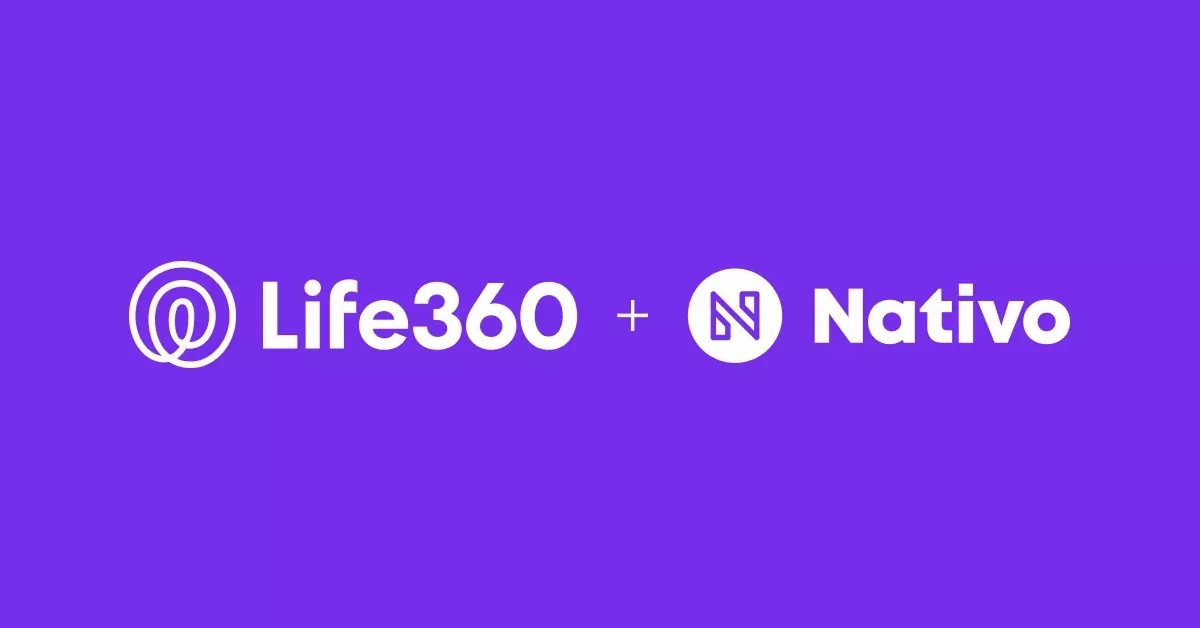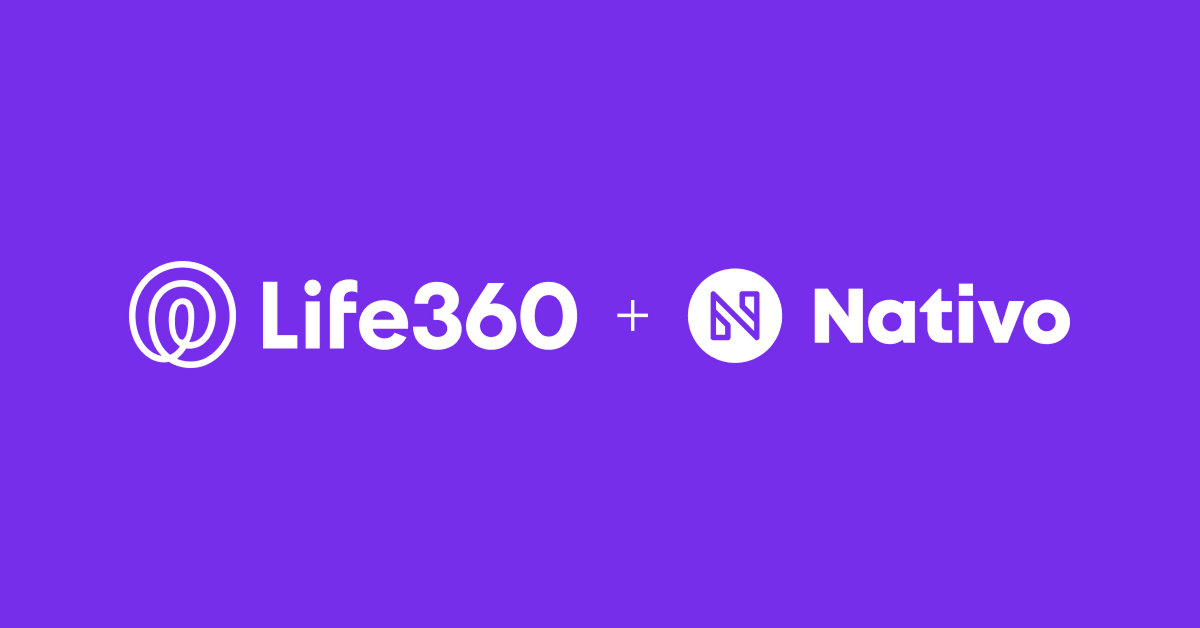Google Removes Content Categories, Gives Advertisers Other RTB Signals To Protect Consumer Privacy

MediaPost | November 14, 2019 - Google said Thursday it will no longer include contextual content categories in real-time bidding requests for buyers participating in its advertising auction in an effort to protect user privacy.
Advertisers will still have the page URL and AppNames/App ID to evaluate whether the content is safe for their brand to appear alongside and to identify the types of content they want to serve ads on.
These categories -- which Google will remove -- helped advertisers avoid showing ads on certain types of content that are not suitable for their brands. The categories provide a way for advertisers to identify types of content where they do want to serve ads, such as fake news sites or next to inflammatory content.
Today, Google allows advertisers to see the categories for web or app pages. Subjects range from automotive to substance abuse. The change will stop advertisers from connecting sensitive categories to individuals.
“The focus on privacy gives Google the perfect cover to raise the walls of their garden so that data goes in and stays in,” said Justin Choi, CEO and Founder of Nativo. “If it were not for the privacy cover, publishers and the ad industry at large would protest these moves as anti-competitive. We are entering a data recession where the data-rich are immune and the data-poor will suffer. Publishers will feel the effects with slowly declining revenues as marketers shift budgets to where data is available.”
Originally Published By:



.jpg)

